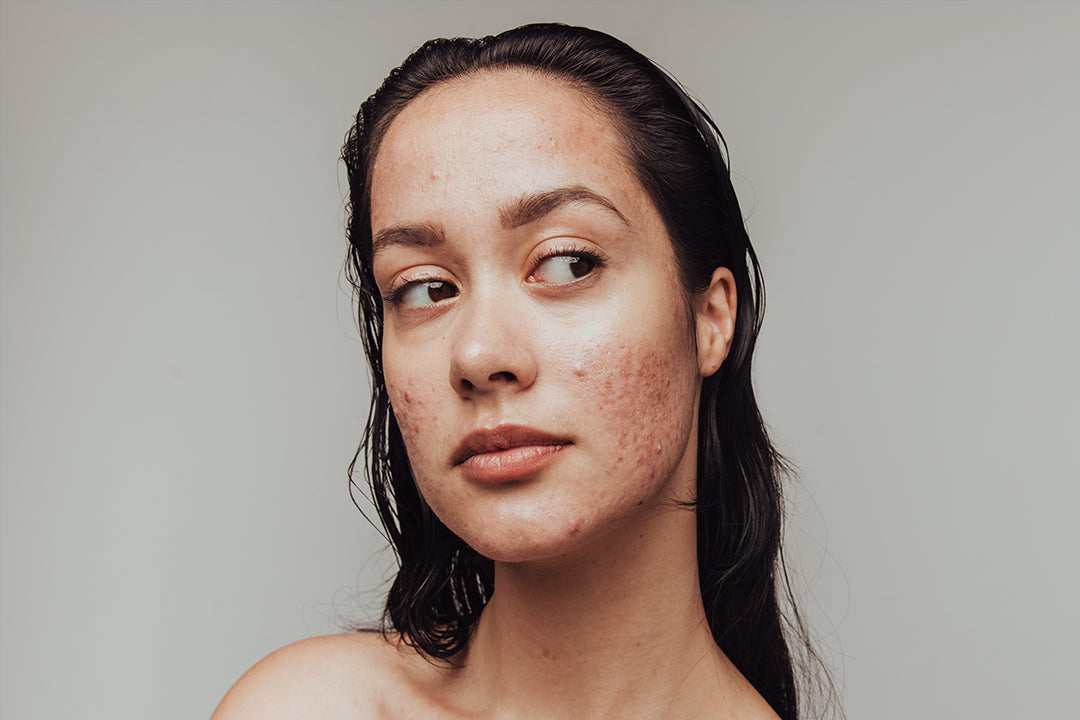Retinol and niacinamide are two of the most effective ingredients in skincare. While they offer unique benefits individually, many people wonder if they can be used together. In this article, we will explore the benefits and side effects of combining retinol and niacinamide and provide guidance on how to incorporate them into your skincare routine.
Is it Safe to Use Niacinamide and Retinol Together?
Yes, it is safe to use niacinamide and retinol together. These two ingredients are compatible and can be used in the same skincare routine without any issues. In fact, combining them can enhance their individual benefits and provide even better results for your skin.
What is Niacinamide?
Niacinamide, also known as vitamin B3, is a water-soluble vitamin that offers numerous benefits for the skin. It helps improve the skin's barrier function, reduces inflammation, regulates oil production, and minimizes the appearance of pores. Niacinamide is suitable for all skin types and is well-tolerated even by sensitive skin.
What is Retinol?
Retinol is a derivative of vitamin A and is considered one of the gold standard ingredients in anti-aging skincare. It helps stimulate collagen production, reduce the appearance of fine lines and wrinkles, improve skin texture, and promote cell turnover. Retinol is also effective in treating acne and reducing hyperpigmentation.
Benefits of Using Niacinamide and Retinol Together
Combining niacinamide and retinol can offer several benefits for your skin:
- Enhanced Collagen Production: Niacinamide and retinol work synergistically to boost collagen production, which helps improve skin firmness and elasticity.
- Reduced Hyperpigmentation: Both ingredients have brightening properties and can help fade dark spots and uneven skin tone.
- Improved Skin Texture: Niacinamide helps regulate oil production and minimize the appearance of pores, while retinol smoothes out rough skin texture and promotes cell turnover.
- Reduced Inflammation: Niacinamide has anti-inflammatory properties that can help calm redness and irritation caused by retinol use.
What are the Side Effects?
While niacinamide and retinol are generally well-tolerated, some individuals may experience mild side effects when first incorporating these ingredients into their skincare routine. These side effects can include:
- Dryness or Flakiness: Both niacinamide and retinol can have a drying effect on the skin, especially in higher concentrations. It is important to moisturize properly and start with lower concentrations to minimize these effects.
- Skin Irritation or Sensitivity: Some individuals may experience redness, itching, or a stinging sensation when using niacinamide and retinol together. This is usually a sign of sensitivity and may require adjusting the frequency or concentration of the products.
- Redness or Inflammation: Retinol can cause initial redness and inflammation, especially during the adjustment period. This usually subsides as the skin becomes accustomed to the ingredient.
How to Use Niacinamide and Retinol Together
Here are some tips on how to incorporate niacinamide and retinol into your skincare routine:
- Start Slow: If you are new to using retinol or niacinamide, start by using them on alternate nights to allow your skin to adjust.
- Apply Niacinamide First: Niacinamide can be applied before retinol to help minimize any potential irritation. Wait a few minutes for the niacinamide to absorb before applying retinol.
- Use a Buffering Agent: If you experience sensitivity or irritation, you can mix a small amount of moisturizer with your retinol to create a buffering effect. This will help reduce the intensity of the retinol while still providing its benefits.
- Use Sunscreen: Both niacinamide and retinol can increase the skin's sensitivity to the sun, so it is important to wear sunscreen daily to protect your skin from UV damage.
The Bottom Line
Using retinol and niacinamide together can be highly beneficial for your skin. These two ingredients work synergistically to improve skin texture, reduce hyperpigmentation, and enhance collagen production. However, it is important to start slow, monitor your skin's response, and make adjustments if necessary. Always remember to wear sunscreen and moisturize properly to minimize any potential side effects. With regular use, you can enjoy the combined benefits of retinol and niacinamide for healthier, more radiant skin.









